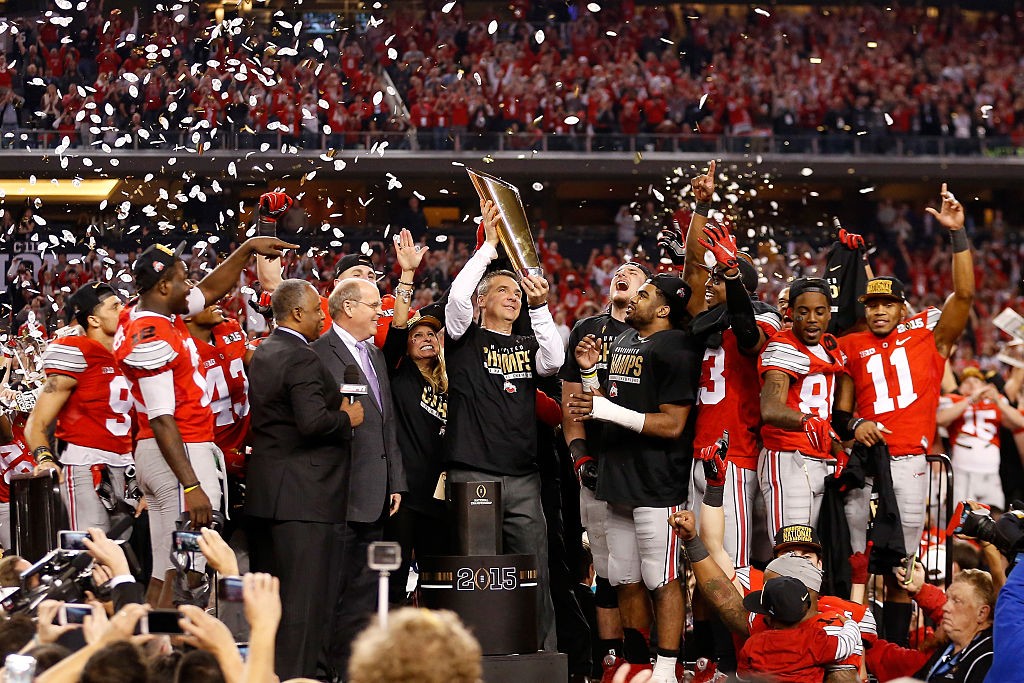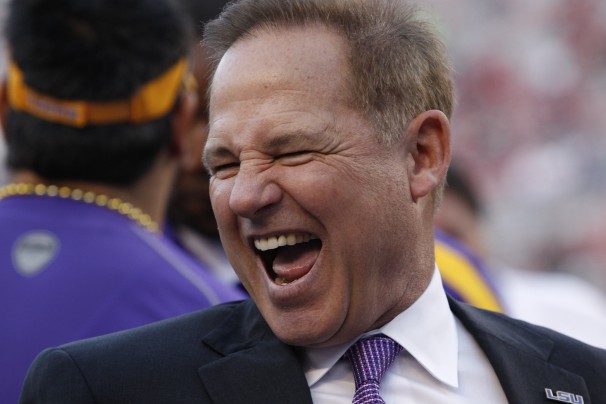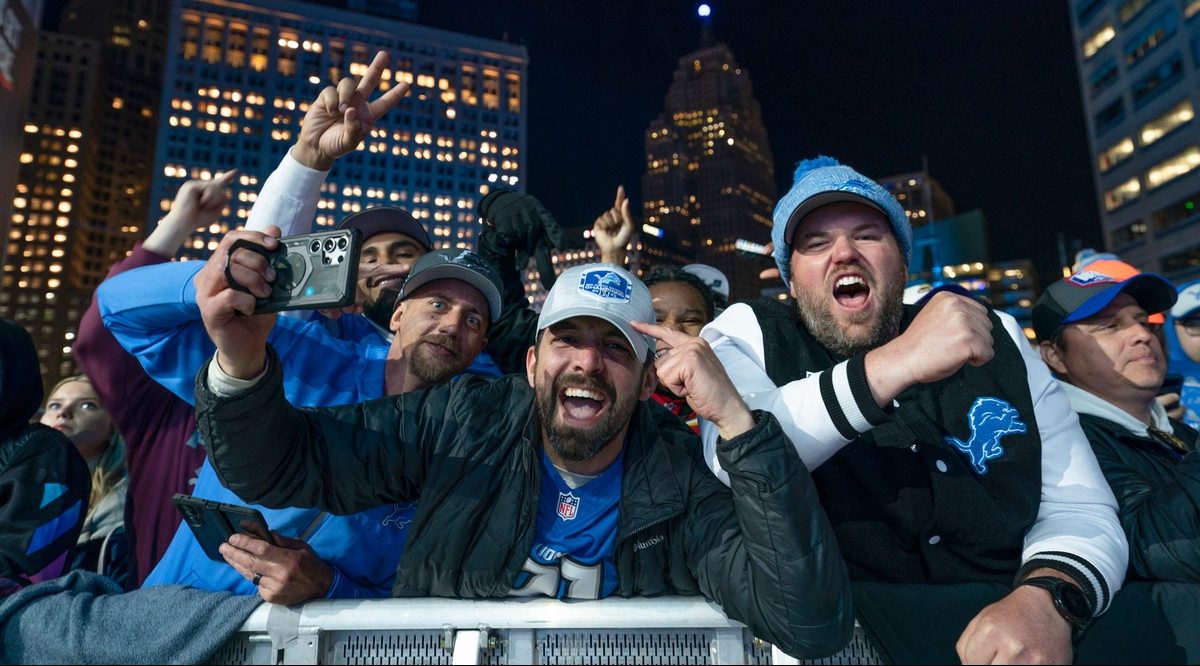Despite the NCAA’s long history of spending millions of dollars to make sure athletes don’t get paid, we’ve reached the time of year when football players are finally given a small gift for their year-round commitment to their schools.
The association allows bowl games to give up to $550 worth of gifts to each player. Those gifts vary wildly in terms of quality. Some players get $300+ shopping spree trips to Best Buy, and others just get custom cowboy boots. The gifts can actually influence where players want to go (or don’t want to go) for the holidays.
Perhaps the reason athletes get so excited about their bowl gifts is that this is the only time they can get anything in exchange for their play. Were a booster to give a player a $550 gift card as a thank you for a great season, that player would be suspended, and wins could be vacated.
So why is a bowl gift okay, but no other gifts are? Welcome to the blurry definition of amateurism.
The NCAA’s reasoning behind not paying athletes — and in this context, not allowing them to independently profit off their abilities — is that college athletes are amateurs, and amateurs cannot make money. The only issue is that the NCAA has defined “making money” in very different ways.
Until 1956, athletic scholarships were not allowed, because they were thought to violate amateurism. But that was it. Schools weren’t going to give any more money. Until this year, when they agreed that paying cost of attendance stipends to athletes indeed fell within the realm of amateurism. The NCAA has had to pay out more, too. In a settlement, the association agreed to pay $20 million to athletes who were in its video games and never paid for their involvement. They justified it with a baffling statement:
“In no event do we consider this settlement pay for athletics performance,” (NCAA chief legal officer Donald) Remy said.
That makes no sense, as pointed out by judge Claudia Wilken, who found that the association was breaking antitrust law, in a conversation with NCAA lawyer Glenn Pomerantz.
Wilken: “Yeah. I don’t — that’s like the NCAA says what amateur is and that’s what it is. So they are allowed to have what they say they want because that’s how they define –“
Pomerantz: “No. I would say if they said amateurism means everybody has to wear the school colors, that’s not amateurism. I agree with your honor that there’s some boundaries …”
Wilken: “So amateurism means you can get 950 but you can’t get 2000?”
The association doesn’t care if athletes get a little bit of money, but what they want is the control. With so many people wanting to get involved in the multi-billion dollar industry that is college athletics, revenues are skyrocketing, and schools are seeing booster donations like never before. Heck, LSU boosters reportedly raised $15 million to try to fire Les Miles.
Imagine if boosters were allowed to spend money on whatever they want. They would give the money to players to attend their schools. Granted, this already happens in secret all over the country, but it would happen far more if it were allowed. Instead, booster money allows schools to build football palaces to attract recruits, and it allows them to spend their own revenue on huge administrator and coaches salaries. As former NCAA president Walter Byers explained, as long as the money flow isn’t disrupted, amateurism can change.
Byers: "This is not about amateurism. This is about who controls negotiations and gets the money." Emmert says he disagrees w/ statement.
— Andy Staples (@Andy_Staples) June 19, 2014
A gift of $550 is nothing to bowl organizers with multi-million dollar television contracts and ticket contracts with conferences. More importantly, it’s a payment the NCAA can control.
Just don’t give your favorite player a gift card at a different time of the year, or hand one to a player at a school that didn’t qualify for a bowl game. That would defy the sacred principle of amateurism, which somehow always evolves to fit what the NCAA wants.








